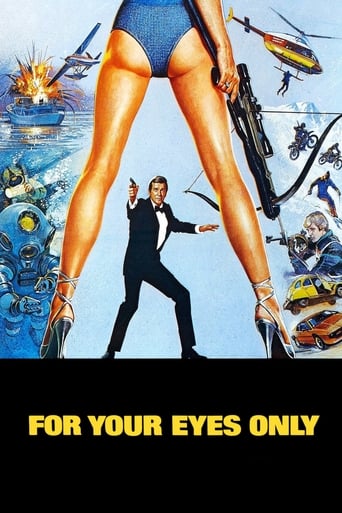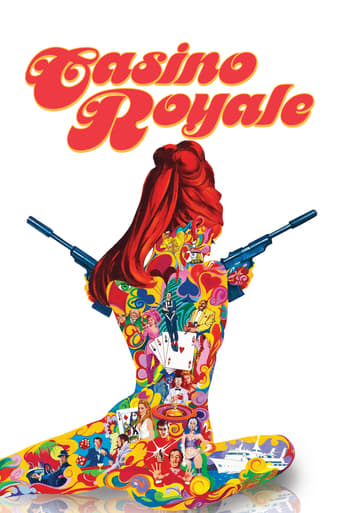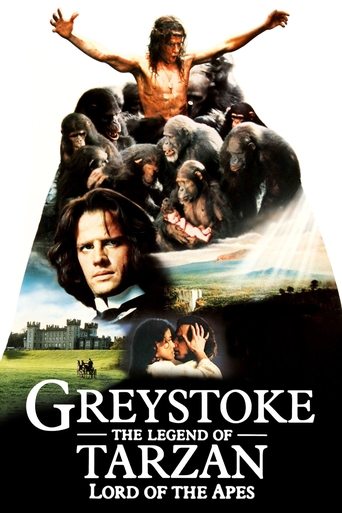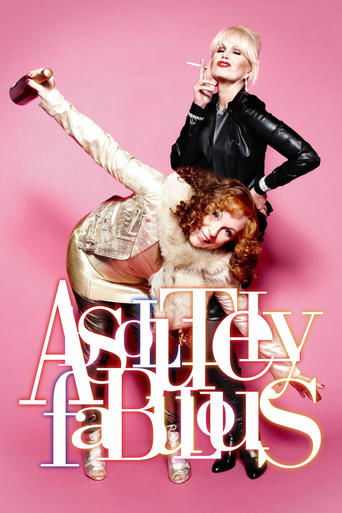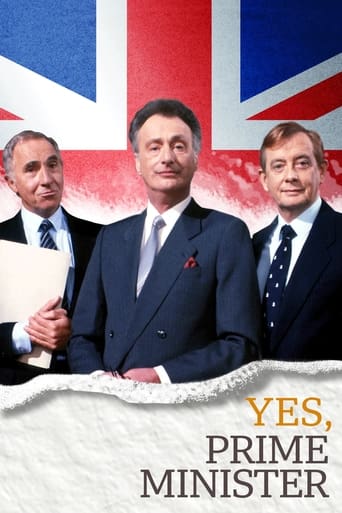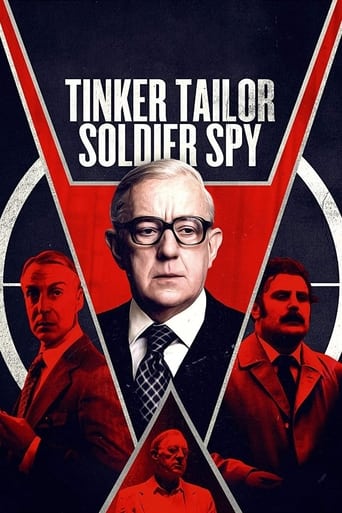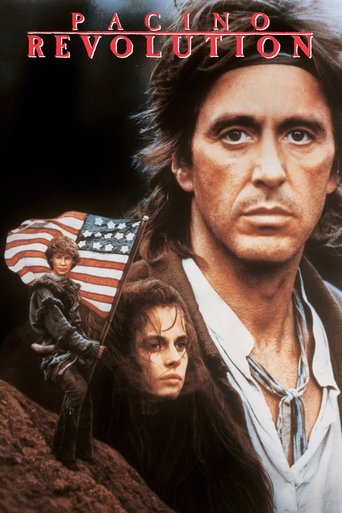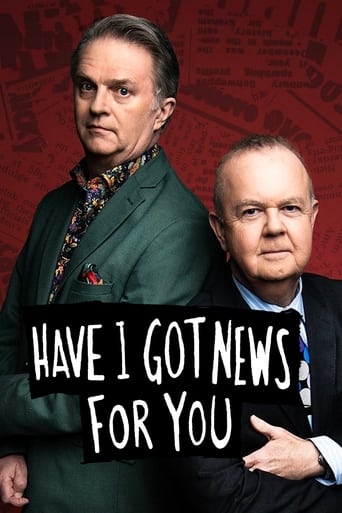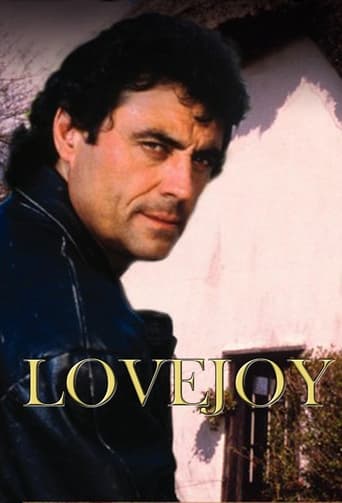
John Wells
Personal Info
Known For Actor
Gender Male
Birthday 1936-11-17
Deathday 1998-01-11 (61 years old)
Place of Birth Ashford, Kent, UK
John Wells
Biography
Wells started in cabaret at Oxford and began his television career as a writer on That Was The Week That Was, the 1960s weekly satire show that launched the careers of David Frost and Millicent Martin, among others, and also appeared in the television programme Not So Much a Programme, More a Way of Life, as well as in The Secret Policeman's Other Ball. Besides making cameo appearances in films such as Casino Royale (1967) and Rentadick (1972), television dramas like Casanova (1987), an episode of Lovejoy (1991) and comedy shows like Yes Minister, he also wrote television scripts and screenplays, such as Princess Caraboo (1994). In 1971, with John Fortune, he published the comedy classic A Melon for Ecstasy, about a man who consummates his love affair with a tree. Wells played the headmaster of Thursgood's Preparatory School in Tinker, Tailor, Soldier, Spy (1979). Wells was one of the original contributors to the satirical magazine Private Eye and contributed to Mrs Wilson's Diary, the long-running spoof journal of the wife of Prime Minister Harold Wilson. From 1979 he repeated that success with Dear Bill, a series of letters (co-written with Richard Ingrams) supposedly sent by Denis Thatcher, husband of Prime Minister Margaret Thatcher, to Bill Deedes. Wells developed the feature into a stage farce, Anyone for Denis?, first performed in 1981, in which he played Denis Thatcher. Co-starring Angela Thorne as Mrs. Thatcher, the play was a major West End hit, toured the UK and was adapted for television.He co-wrote Alice in Wonderland, a musical adaptation of Lewis Carrol’s novel with Carl Davis, which debuted at The Lyric Theatre in the West End, London.[3] Wells also played Denis Thatcher in the Bond movie For Your Eyes Only (1981). In 1991, he and Thorne again played the Thatchers in Dunrulin, a one-off TV sitcom-like satirical look at the couple in retirement.[4] He also voiced Arnold the Elephant, Edward the Monkey and Bert in the children's TV series Charlie Chalk. In 1988, Leonard Bernstein started working on a new version of his much-revised operetta Candide. The author of the original book, Hugh Wheeler, had died, and John Wells was asked to help revise the text.[5] The first production of this "final version", by Scottish Opera, was followed by a "final revised version" in 1989, performances of which have been released on CD and DVD. An insert in the DVD ("Bernstein and Voltaire"), written by Wells, explained what Bernstein had wanted in this final revised version. Wells authored Rude Words in 1991, a history of the London Library, for the institution's 150th anniversary. In 1997, Wells appeared in the BBC situation comedy Chalk as ineffectual headmaster Richard Nixon.[6] His fellow cast members do not recall him being ill on set, but he was too unwell to participate in the second series.[7] Wells' last book, House of Lords, was a best-seller and published a year before his death in 1998. The book is a historical and humorous study of the British peerage system.
Known For
Actor
as Self
as Richard Nixon
as Reverend Hunt
as Uncle Humphrey
as Himself
as Judge
as Denis Thatcher
as Linden Walker
as Corty
as Headmaster
as Holofernes
as Sir Evelyn Blount
as Denis Thatcher
as Self - Various Roles
as Denis Thatcher
as Self
as The Ghost of Christmas Past
as Denis Thatcher, esposo de la Primera Ministra
as Pigeon (voice)
as Bee (voice)
as Porton
as Various Characters
as Owltruss
as Tolworth
as Honorable Gavin Hopton
as 'Q's' Assistant
as Pompadour Major Domo
Writer
as Writer
as Writer
as Writer
as Writer
Crew
as Additional Dialogue
